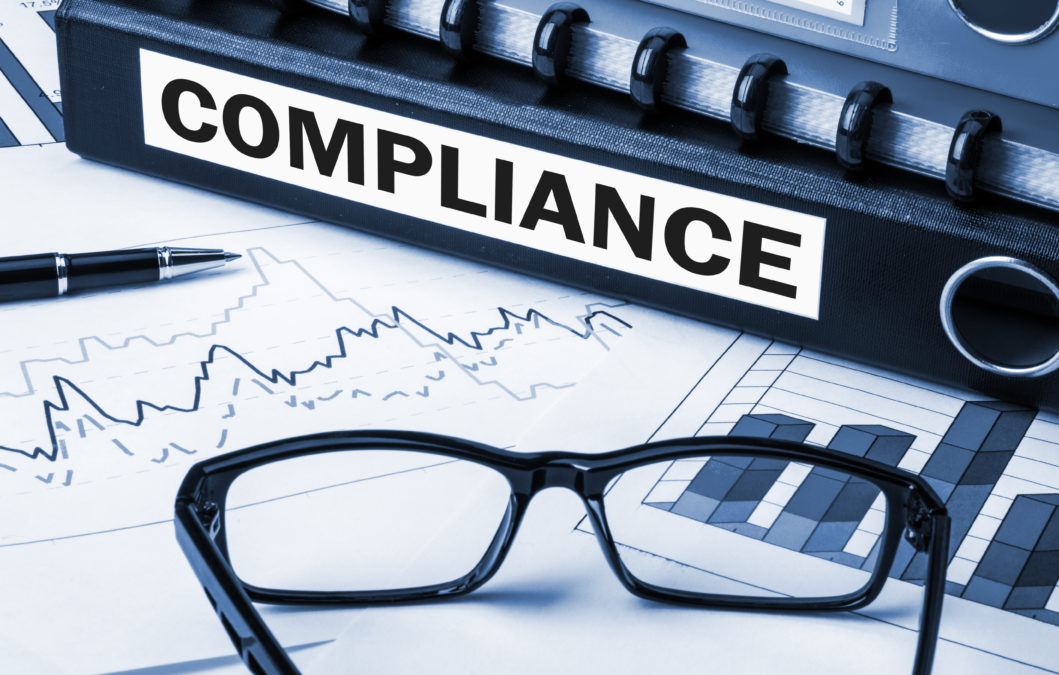While it may be necessary to explain what compliance is in short, it should suffice to say the noun means adhering or conforming to set standards, rules or procedures. These could refer to a company’s operational policies or contracts, regulatory requirements and industry codes, writes PATRICIA RADITHOLO*
A compliance function in an organization is responsible for the management and oversight of compliance risk management in line with compliance methodologies. Overall, compliance gives assurance to management and stakeholders that the business operates within the confines of the law, rules, regulations, as well as set standards in order to achieve its strategic goals.
As the role of compliance continues to become more central to business operations, financial services sector entities are increasingly starting to realize the merit of investing in a sustainable compliance culture from an early stage. At the global level, Chief Compliance Officers are becoming a popular in-house fixture in addition to outsourced compliance consultancy work. For most, it is the much-needed opportunity to ensure dedicated responsibility for not only understanding and applying regulations but also for ensuring and instilling a culture that highlights the value of business ethics.
Companies that embed positive ethics and compliance practice within their corporate culture typically enjoy stronger returns through employee and customer loyalty. They oftentimes see a subsequent increase in brand reputation and affinity, which can sometimes translate into higher shareholder returns. Investing in a strong compliance culture lays the foundation for effective internal controls which stand to be beneficial for fit and proper clearances by regulatory bodies, particularly in the financial services space and for successful audit. Furthermore, it provides assurance to all interested parties in a business, including confidence with investors and shareholders. Compliance Officers may identify and mitigate risks or possible threats that save companies’ potential loss in the form of regulatory penalties and even reputational damage.
Effective compliance culture cuts across the business. To ensure positive results, management of compliance risk must be realized in three broad levels:
- First line of defence: These are the business functions that own and manage risk by ensuring that robust controls, checks and balances are embedded in the business operational processes.
- Second line of defence: These are business functions that provide guidance, oversight and compliance expertise to support the first line with compliance methods and standards to fulfill their role. This includes compliance and risk management functions.
- Third line of defence: This is the internal/external audit function that provides independent assurance by checking and evaluating compliance risks and controls.
I read a piece on Forbes by Thomas Sehested that proves wholly relevant here, and which got me thinking about the issue of compliance adoption. “The importance of compliance needs to come from the top down in order for businesses to avoid white-collar crime, corruption and other missteps. A tone must be set from the top. Compliance and legal departments are working overtime on these matters, but it can’t only be up to them. All members of your organization – and that includes contractors – must understand why compliance matters.”
Often dismissed in the past as bureaucrats or as box-tickers who hampered progress, businesses are now starting to truly understand the importance of compliance in ensuring that corporate governance best practice is in place, and sustainably so. According to a report by Deloitte on Ethics and Compliance, “An ethical culture is the core element of an organization’s ethics and compliance programme.”
In the insurance space, the need for compliance protocols could not be greater, whether delivered through a dedicated function or embedded within another function in the business. It provides for greater focus on ensuring that regulatory and statutory constructs are being adhered to and a platform for innovative thinking on how to proactively engage business protocols and practices. As the financial services industry develops, the regulatory landscape in Botswana has changed rapidly over the past few years in order to align with international standards and practice.
For instance, the most significant of these changes has been the introduction of stringent financial services laws relating to money laundering and financing of terrorism, being the Financial Intelligence Act and its Regulations of 2019, as well as the introduction of IFRS 17. It therefore goes without saying that it is high time that businesses in non-banking financial services self-administer such an imperative function. If it stands to strengthen the industry and boost consumer confidence, then surely it is an investment worth making. The cost may be deterrent but it is critical in saving potential costs that could be avoided further down the proverbial road.
Not every business is the same or operates in the same way. Some may need compliance to work as a dedicated function whilst others can embed the function into another existing operation. Perhaps the question we need to ask ourselves is, why we are not actively pursuing these considerations and opportunities sooner rather than later? It is no longer simply about ensuring that we work within the confines of the law, for that is required of us already in every way. It is about going beyond and doing business better and at a standard we hold ourselves to which is infinitely higher.
Ethics and compliance are vital to sustained business success and growth and nurturing the kind of culture that has this at the fore. Compliance is therefore no longer just a nice-to-have but a true imperative that may well spell the difference between a successful business and one which simply satisfies only one aspect or need of the market and/or consumer.
In my view, all our stakeholders – employees, customers and our communities – deserve businesses that always strive to uphold high ethical standards in a compliant environment.
*Patricia Raditholo is a Principal Officer at Botswana Life

